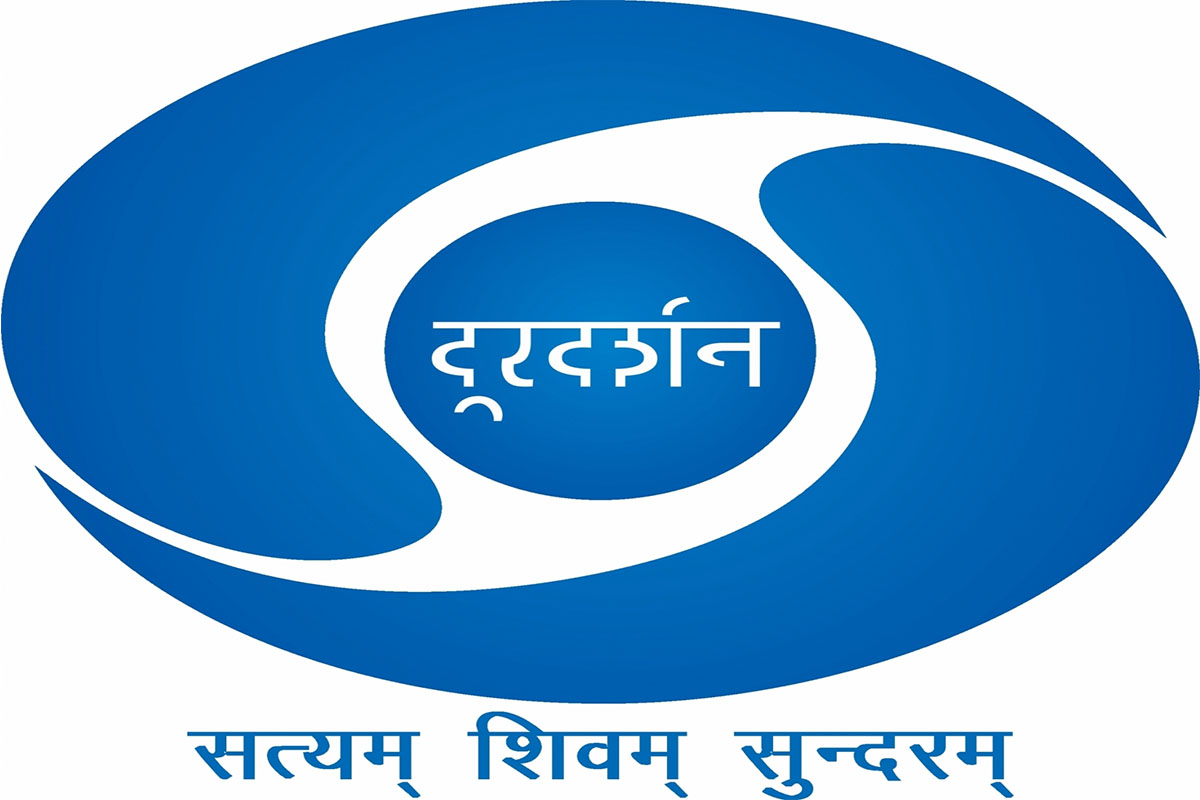Bada Naam Karenge: Veteran filmmaker Sooraj Barjatya on venturing the OTT terrain
Rajshri’s first-ever web series Bada Naam Karenge premiered on SonyLIV on February 7.
Industry analyst Girish Johar feels there is a basic difference between Doordarshan and the OTT wave.

Representational Image
Content over glamour, characters over gimmicks, and a whole new star system for the medium — these are a few traits that have defined the ongoing OTT wave over the past months. Industry watchers and trade experts, however, say these things remind of the Doordarshan era. That was a time when the small screen in India churned out stories with universal appeal and also created jobs for a range of talented actors, thereby making them household names — just as it is happening today on OTT platforms
While scripting the golden era of television back in the 1980s, Doordarshan brought a lot of actors into the spotlight, opening doors of acting opportunities in television. OTT is doing the same, but on a bigger and more organised way.
Advertisement
“OTT is a reflection of the golden Doordarshan era. It gives people more scope to do what they want. It has given a platform to artistes who could not get into films. It has revived careers and brought potential to the forefront,” trade analyst Rajesh Thadani told IANS.
Advertisement
“It has given a wider scope to them and acts as a stepping stone” Thadani added.
Doordarshan in its early years was a platform that saw the likes of Vinod Nagpal, Rajesh Puri, Sushma Seth and Seema Pahwa became household favourites with their roles in “Hum Log”. There were Shafi Inamdar, Swaroop Sampat, Rakesh Bedi Satish Shah, Tiku Talsania, and Sulbha Arya, who won hearts with their comic talent in “Yeh Jo Hai Zindagi”.
“Rajani” made Priya Tendulkar a star, as a housewife who couldn’t stand injustice, while actor Rajit Kapur as detective in “Byomkesh Bakshi” and Mandira Bedi in “Shanti” gained prominence. Pankaj Kapur became the nation’s favourite sleuth for months with “Karamchand”.
“Buniyaad and “Khandaan” were two mega serials that gave a plethora of talents the chance to show their talent, and become successful actors in the years to come. Kiran Juneja, Alok Nath, Anita Kanwar, Sudhir Pandey, Anjana Mumtaz, Dalip Tahil and Soni Razdan were some that became familiar names after “Bunyaad” aired. “Khandaan” brought the limelight on Neena Gupta, Mohan Bhandari, Shernaz Patel, Sujata Mehta, and Jayant Kriplani.
Raghubir Yadav (“Mungerilal Ke Haseen Sapne”), Anjjan Srivastava (“Wagle Ki Duniya”) were a few other instances who gained pan-India recognition with their work on DD National.
At present, something similar is happening in the OTT world, where the digital platforms are creating space for actors to showcase their talent in a way they would hardly have had the break to do in films, or the quality of content on television.
Actors from various backgrounds have been finding prominence thanks to OTT shows and films. The likes of Neeraj Kabi, Namit Das, Rasika Dugal, Pankaj Tripathi, Sumeet Vyas, Maanvi Gagroo, Shriya Pilgaonkar, Amit Sadh, Shweta Tripathi, Kubbra Sait, Amol Parashar, Angad Bedi, Vijay Varma, Priyanshu Painyuli, Bani J, Sayani Gupta and Nidhi Singh are in the ever-burgeoning list of names who can hugely attribute the advent of OTT for becoming household names.
“I have often thought about what it must have been in the 1980s when the television boom came into place, and the days of �Hum Log’ and other shows. I do draw parallels to that era and 2020 with OTT platforms, it’s a bit similar,” Namit told IANS.
“But I think the scope has become wider because you don’t have one channel. Many channels have opened up, and each channel needs to churn out so much content. So, I think it is similar in approach but the scope now is really vast. It is so vast that you are not able to see the horizon! I think we are really reliving some of those moments and stories of that golden era because that was also an insurgence of newer stories and entertainment for people. The similarities are visible, but the scope is much more vast,” added Namit, who made a mark with his 2009 Bollywood outing, the Ranbir Kapoor-starrer “Wake Up Sid”, but has come on his own as a recognisable face for the pan-Indian audience only this year with shows such as “Abhay”, “Aarya”, “A Suitable Boy” and “Mafia”.
Industry analyst Girish Johar feels there is a basic difference between Doordarshan and the OTT wave. “Doordarshan is one single entity whereas OTT platforms are many. So, comparing Doordarshan with OTTs will not be on the same page. Having said that, OTT is a little upmarket, premium and an urban phenomenon, whereas Doordarshan is a hardcore mass interior reality. OTT is evolving while Doordarshan is already set in the heart and minds of people of urban cities and rural India,” said Johar.
(Sugandha Rawal can be contacted at sugandha.r@ians.in)
Advertisement